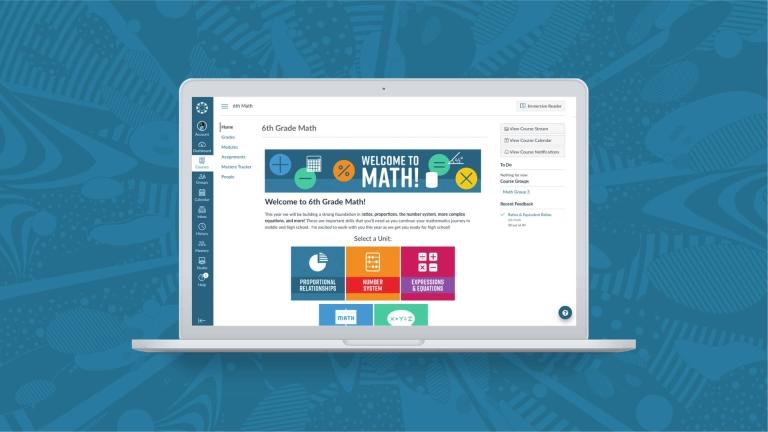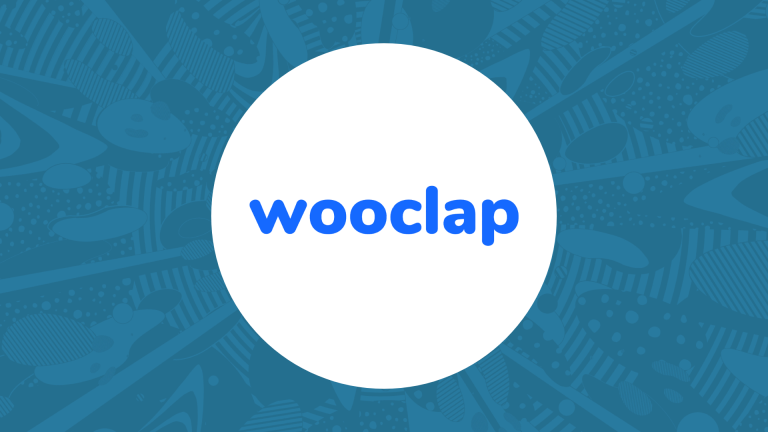
The past three years have brought about a huge amount of change to K-12 districts, and Beloit School District in south-central Wisconsin is no exception. Serving about 5,500 students across 12 schools in and around the city of Beloit, the district has faced lower-than-desired student outcomes as well as the rapid proliferation of edtech tools over the past several years.
In spring of 2022, Beloit’s administrative team recognized that they needed a ‘reset’ on their edtech stack. They looked to LearnPlatform by Instructure to establish a clear picture of the tools in use – and more importantly, what’s actually working – so they could better support improved student outcomes, maintain budget and ensure ROI.
“Our students and our teachers work very hard, but our outcomes are not what we would like. We can’t afford the time to use products that aren’t going to push the learning forward. We can use LearnPlatform to help us determine whether or not we are making good decisions.”
Brett Berg
Instructional Technology Coordinator
The district has taken a two-pronged approach while getting started with LearnPlatform. Their first goal has been to build out a curated library for the district’s teachers of vetted tools that are available to them. Brett Berg, Instructional Technology Coordinator, has taken the lead on this aspect of the project.
Throughout these first months of implementation, his focus has been on leveraging usage data available through LearnPlatform to gain a holistic picture of everything in use, identify duplicate programs, pinpoint underutilized district-paid licenses, and thoroughly vet tools to make sure that the district product library is accurate, detailed, and up-to-date. Berg is rolling the library out to teaching staff slowly throughout the 2022-23 school year to ensure buy-in and understanding.
Building out the district product library is a key to making sure Beloit’s teachers have visibility to the resources available to them, but behind the scenes, the district administrative team recognized how critical it is that decisions about what those resources are be evidence-based. Kelley Grorud, Director of Instructional Leadership & STEAM , is leading this aspect of implementation and knew that digging into IMPACT, LearnPlatform’s Rapid-cycle Evaluation (RCE) engine, right away was key to success.
To familiarize the team with the RCE process, Grorud started by running an RCE on a supplemental math resource that the district had already well-defined concerns about. The evaluation confirmed their hypotheses that the tool was being under-utilized in higher grades and that there was minimal difference in achievement between those students who used the tool and those who didn’t.
Finding these results helped Grorud and her staff gain confidence with RCE, but the process also uncovered some surprising trends in use and outcomes with the tool across student demographic groups and individual buildings. Additionally, it brought to light new and meaningful questions to bring back to the tool vendor, informing and shifting the conversation to be more partnership and professional development focused. Ultimately, she was able to pair the quantifiable RCE results with anecdotal evidence from conversations with students and teachers to support their decision to move away from that tool and select a new program better suited to all primary grade levels.
“We have some really good teacher leaders that can be champions. If we’re seeing positive impact at one school…we can use that school to highlight the ways in which they’re using the program.”
Kelley Grorud
Director of Instructional Leadership & STEAM
Less than a year into their implementation, Beloit School District is off to a strong start with LearnPlatform, but the team knows that they have just tapped the surface of what they can do. Throughout the remainder of this school year, Berg, Grorud and the rest of the district’s administrative team hope to get all teachers using the district product library as their edtech ‘source of truth’, and deepen their use of RCE by running more in-depth studies on the new math tool as well as a primary reading tool. Over time, they hope these evaluations will uncover implementation trends across buildings and classrooms so the administration can identify best practices and teacher leaders who can model effective use for other teachers–and in turn move the needle on the district’s student achievement.
Want to find out how LearnPlatform by Instructure can help your K-12 district, state, or regional education agency make more evidence-based edtech decisions? Request a demo today.
Related Content
 Teaching-With-Tech-10-Benefits.jpg
Teaching-With-Tech-10-Benefits.jpgBlogs
 wooclapft.png
wooclapft.pngBlogs
 lincolnlearning.png
lincolnlearning.pngBlogs